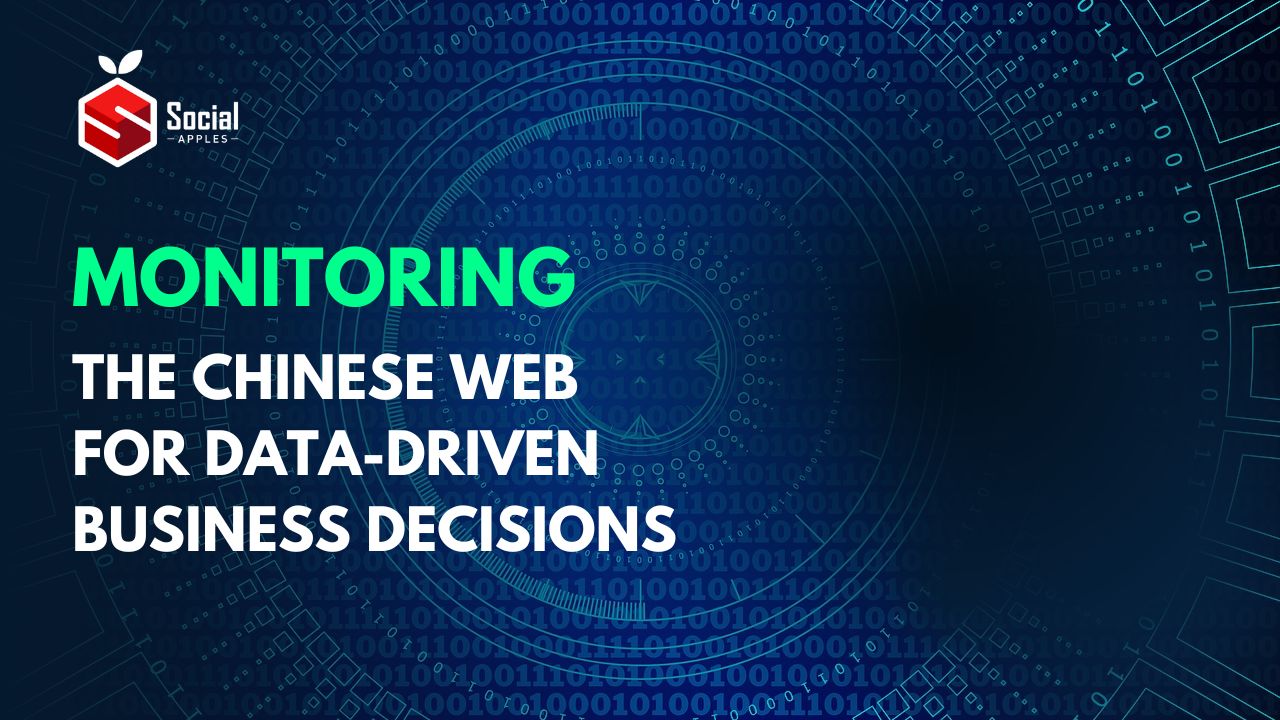The Chinese data security laws have become so stringent that they’re now a big concern for Western businesses. There have been reports of Chinese authorities going after foreign businesses for data transgressions.
Recently, the Chinese government has issued two laws regarding data protection, namely the Data Security Law (DSL) and the Personal Information Protection Law (PIPL). These laws set several requirements for processing consumers’ personal information. They also impose restrictions on cross-border data transfer.

These restrictions make it difficult for businesses outside China to monitor business-related activities in the country. What’s the solution? We discuss it in this guide.
Contents
Difficulty In Collecting Personal Information in China
New Chinese laws have made it extremely complicated for stakeholders to collect consumer data. Businesses now need explicit consent to use a consumer’s personal information if it involves sensitive information, such as:
- Biometric recognition
- Specific identity
- Religious belief
- Medical data
- Personal location tracking
- Financial account
Any business or service transferring this data to a third party outside China needs separate consent from the consumers. Since companies often have to collect information about thousands of people, getting individual consent presents logistical challenges.
Web Monitoring Activities Affected by Chinese Regulations
Here are some web monitoring activities that these laws will affect:
- Market and Price Monitoring: Businesses outside China that serve Chinese customers need to perform price analysis and market research to get their marketing and pricing right. Let’s take Netflix as an example. The company bases its subscription prices on the spending capacity of its target market. It also takes competitor pricing into consideration. Without price monitoring data, Netflix and similar businesses will be shooting arrows in the dark with their marketing plans.
- Ad Verification: Digital ad spending is expected to reach a value of $836 billion by 2026. Businesses in every industry have to run online ads since that’s where they get most of their customers from. But how will a business know if its ads are appearing properly to Chinese consumers? Geo-restrictions make it difficult to verify ads.
- Review Monitoring: Businesses rely heavily on consumer feedback to determine what they’re doing right or wrong. However, many Chinese websites restrict non-Chinese visitors. That means businesses cannot read reviews about their services on Chinese third-party review sites. They can also not gather consumer sentiment about their brand. It leaves them in the dark about the customer response to their products and services.
- Product Monitoring: Just like reviews, products are also off-bounds. So, businesses cannot assess their product’s performance. Nor can they make relevant improvements to cater better to the consumers’ needs. After all, how do you present a solution if you don’t know the problem?
Is Web Scraping the Solution?
Nowadays, many companies use web scraping to perform web monitoring activities, like ad verification, price monitoring, etc. But web scraping also comes with its fair share of issues.
- IP Bans: Many websites have anti-bot systems to keep web scrapers at bay. An anti-bot system is a mechanism to detect inorganic activity and block its source. When these systems detect scrapers, they block the web scraper’s IP.
- CAPTCHAs: ”Please verify if you’re human.” Have you ever had to tick the images with a mountain or traffic light in them before a website lets you enter? That’s a CAPTCHA (Completely Automated Public Turing Test). CAPTCHAs help tell humans and bots apart. Thus, they’re a hurdle in web scraping.
Use a China Proxy for Web Scraping
Sure enough, there must be a way to bypass these problems, right? Yes. A China proxy is your best bet in this regard.
Proxy servers are intermediaries that send a request from your system to the target server using their IP addresses rather than yours. By doing this, a China proxy ensures the target website doesn’t know about your IP and, thus, cannot block it.
Now, you might wonder what differentiates a China proxy from a regular proxy. As mentioned above, Chinese websites often have geo-restrictions. A China proxy will have a Chinese IP address to bypass these restrictions.
For example, the China proxy you use may have the IP address of a physical apartment address in Shanghai. When you use this proxy server to access a Chinese website, the server will let you through.
Businesses outside China that need to collect data from mainland China can use a China proxy for several use cases. Again, as we have mentioned earlier, price monitoring, competitor analysis, ad verification, SEO monitoring, and market research are common uses.
Conclusion
We live in a world interconnected through social media and the web. That’s why most of the business monitoring activities take place through the internet.
Businesses or investors who want to get an insight into the Chinese business landscape can leverage a China proxy to do so without getting blocked or denied access.
Do you want to gauge current market trends in China? Or are you interested in Chinese consumers’ sentiment about a certain product? A China proxy can help you find it all.













